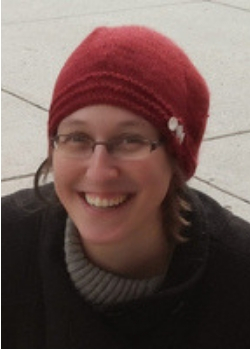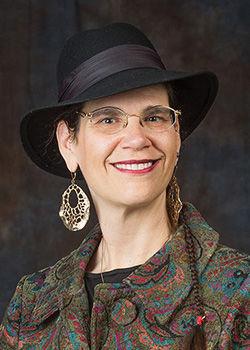Wagering on the Meaning of Meaning
Behukkotai is known for its aspect of tokhehah, admonition. This parashah details the consequences of
pursuing God’s laws (hukkot) and commandments (mitzvot), including the positive but dwelling upon the
negative, in terms of sheer number and detail. The parashah begins, “If you walk in my laws
(im behukkotai telekhu) and keep my commandments (et mitzvotai tishmeru),” and continues with promises
such as, “I shall grant you rains at the correct times…I shall grant peace in your land…and turn towards
Read more...


 Download PDF
Download PDF


